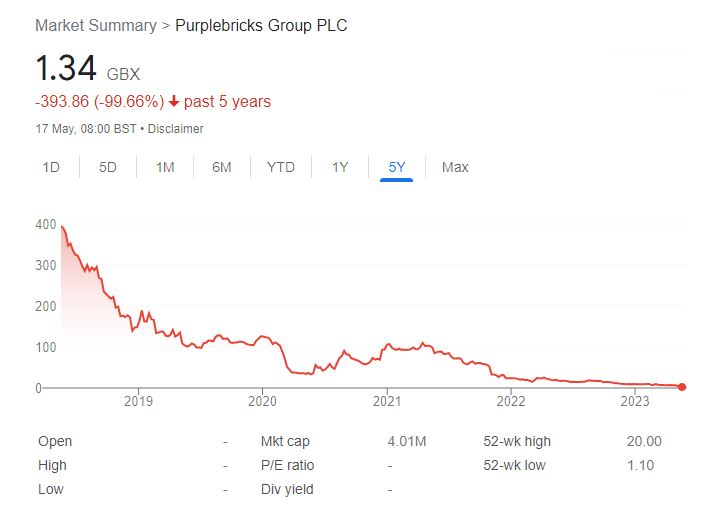If your wealth is highly concentrated in any one stock, heed this important lesson


I was recently asked about our exposure to US banks.
It comes after the collapse of First Republic Bank earlier this month, which is a harsh reminder any stock can go to zero, no matter how established a company is, or how loyal and wealthy its customers are.
It also highlights the importance of something else.
In March I was writing a similar article about another seemingly thriving US bank.
Since then, attention has focused on First Republic Bank, the third US bank to collapse since March, as the weakest link in the US banking system.
But this blog isn't about why it collapsed and what's happened since - there are similarities with SVB for sure (California-based, specialty lender, wealthy clientele etc.).
The collapse of an apparently stable regional bank is a stark reminder of the significance of diversification - a fundamental principle of investing.
You don't need to look very far to find examples outside of banking.
The UK online estate agent, Purple Bricks, was once valued at £1.2 billion. Today, it's heading to zero.

If your wealth is highly concentrated in any one individual stock, heed an important lesson: While many people think they know more than other investors, none of us knows more than the market.
American economist and Nobel laureate Merton Miller used to say, “Diversification is your buddy.”
As you know, it's the practice of spreading investments across a variety of assets. It’s a time-tested strategy to mitigate risk.
Children learn about it early in life with the phrase “Don’t put all your eggs in one basket,” but all too often, grown-up investors forget.
Simply put, if you suffered significant losses when the stock of First Republic Bank plummeted, you had too much invested in it.
The future is unknown
It’s safe to assume the total value of the stock market will not go to zero.
But, no matter how bright a company's future might look, we can't guarantee the same for any individual stock.
Why not? Because we cannot predict the future.
Although the current price of a stock is based on its future income streams, there's no certainty the company will succeed. It's impossible to predict which companies will fail and which ones will thrive.
Fortunately, you don't have to.
Diversification allows you to have a positive investment experience without knowing what’s going to happen with any individual stock.
Nearly all investing horror stories start with a simple fact: Someone took too much risk.
In the case of First Republic (and SVB), management took too much risk. But investors don’t have to.
Anyone who invests in the stock market should prioritise diversification in their portfolio.
And it’s never been easier to do so, because with mutual funds and ETFs—many of which allow you to invest in a broad range of stocks by buying just one security—you can achieve a high level of diversification with the same number of clicks as buying a single stock.
In Dimensional World Equity, First Republic was only 0.006% of the portfolio at the end of March.
When you concentrate your wealth in single stocks, you’re gambling, not investing (that’s fine, as long as you don’t mind losing what you bet).
You're also looking for a needle in a haystack, when the entire haystack is available to buy.
First Republic has been included as part of the S&P 500 index since 2018.
On the day JP Morgan Chase announced that it was taking over the troubled bank, how did First Republic’s dissolution impact the S&P 500? When the market closed, the index was down 0.039%.
Now do you see why diversification is your buddy?

